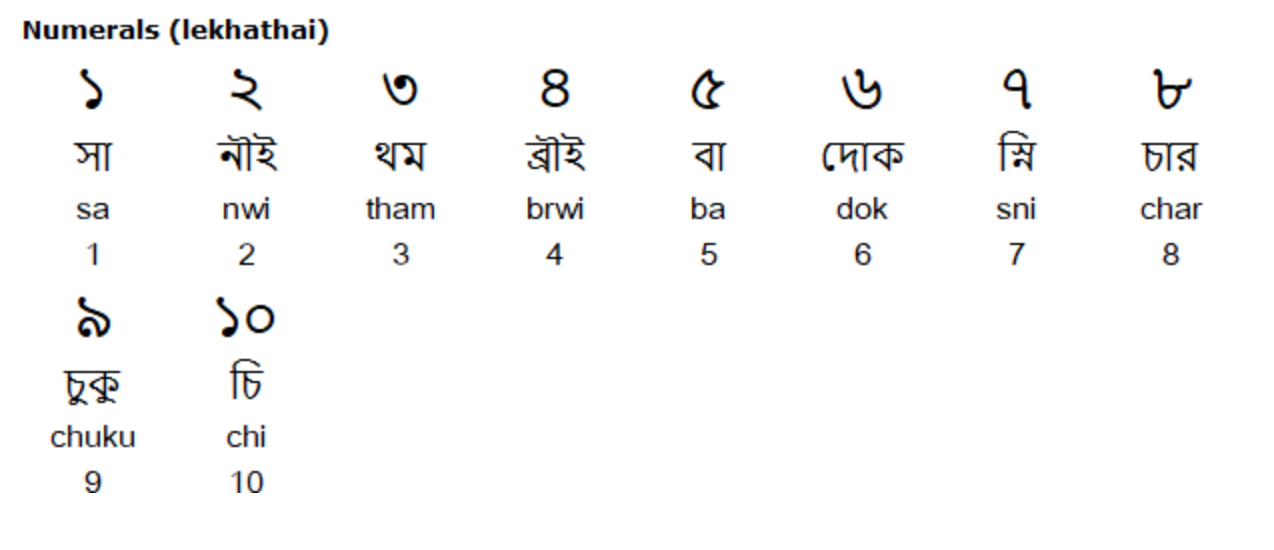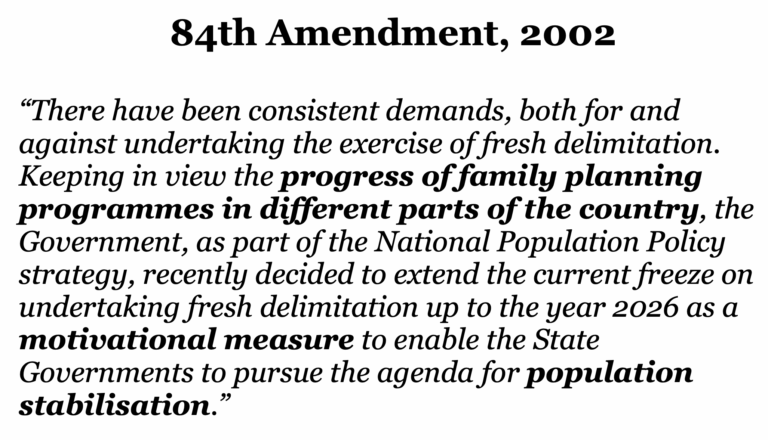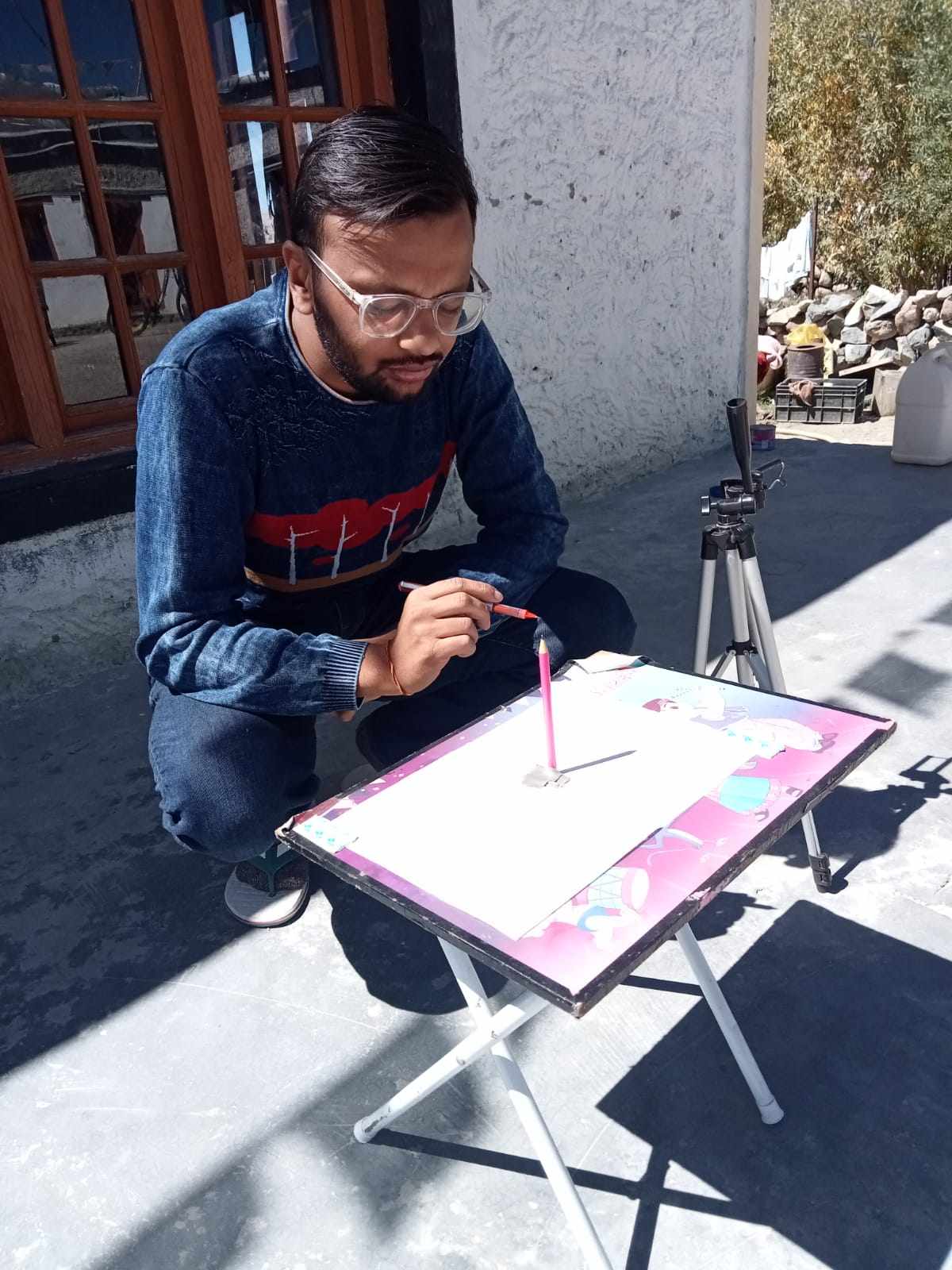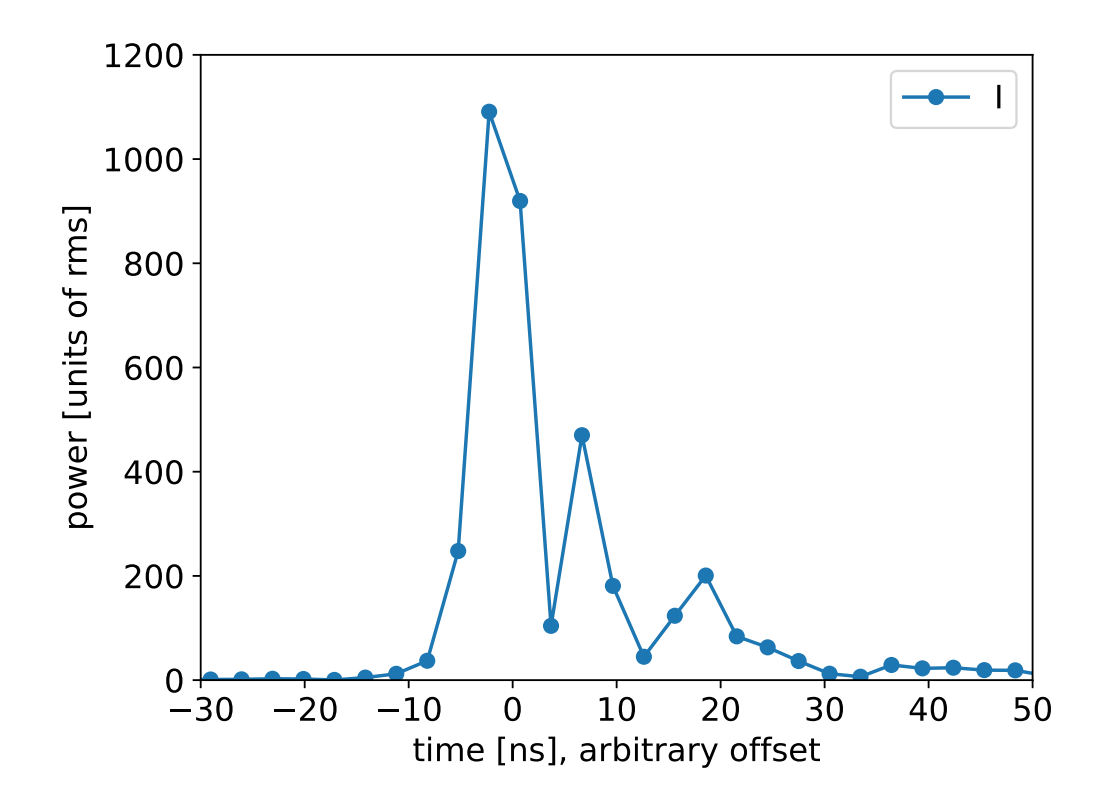
On our honeymoon, my wife and I spent a few days camping in tiny Rio Gallegos, Argentina. One morning at breakfast, two German men sat down with us. After a few pleasantries, one said to us: "Please go ahead and speak to each other in your language - don't feel like you have to use English because we are here."
My wife told them: "Actually we're not speaking in English because of you, but because if we each spoke in our mother tongues, we wouldn't understand each other!" That's Konkani for her, Tamil for me.
That fond memory came to mind a few weeks ago, when I was part of a group of about 40 people sitting expectantly in a room. We were going to spend the next few days together. Few of us knew each other, so the first agenda item that day was introductions. We went around the room, each of us taking half a minute to say something about ourselves.
Given that we had gathered from Tamil Nadu, Karnataka, Delhi, Bombay, Nagpur, Srinagar, Kerala, Telengana and more - really, everywhere in the country - most people spoke, without even thinking about it, in English. There was one exception, a young man, P, from a small village in Rajasthan. He said, simply, "I am not fluent in English" - and went on to introduce himself in Hindi.
Next was a short welcome by a Government official I'll call K. This person also spoke in English. But at one point, K said: "So lovely to hear at least one person speak in Hindi!" Well, indeed it was. Though some exchanged glances among those present suggested that it wasn't clear why this was a point to be made here.
A little later, I happened to sit down for lunch at a table with K and some others. We spoke of this and that, about the scientific purpose that had drawn us all here ... and out of the blue, K said: "Wasn't it so nice when P spoke in Hindi? I wish we had all spoken it! Why can't we be proud of our Indian languages? Why do we learn and speak foreign languages?"
From there, we at the table got into a discussion, mostly in Hindi, as it happens. What language we should be speaking at a meeting like this, why English, why not Hindi (K, who knew only English and Hindi), why not another language (me and someone from Telengana), in countries like Israel and China they are proud of and speak in their own languages, why can't Indians be as proud of our country and our own Hindi ...
... and I'll say this: some of all this, I agreed with, or at least had no serious argument with. But I wondered - was it because we were not "proud" of India and Hindi that we used English that morning? Or simply because we wanted to understand each other, and make ourselves understood, as best we could?
Lunch wrapped up minutes later. So I never got to say some things to K that I would have liked to. I'll try to articulate them here.
To start, what if P had spoken in Tamil? Not a language familiar to K, but including me, just three people in the room would have understood him. Or what if P had spoken in less-known Indian language - Kokborok from Tripura, say, or Byari from Kerala, each spoken by fewer than two million Indians? More than likely not one of us would have understood P then. So I don't expect K would have remarked "So lovely to hear at least one person speak in Byari!" (Or Tamil, or Kokborok.)
Besides, why did none of the three of us speak in Tamil? Not because we are not "proud" of the language, but because we wanted to be understood by our colleagues. We had a good idea that most of them would not understand Tamil.
And about what's foreign ... When I was a child, we had a native Marathi speaker who would come every day to help out with things around the house. He became so close to the family that he even chaperoned us kids twice on train trips to our grandparents' home in Madras. Now at the time, my siblings and I spoke very little Marathi. He spoke some English and some Hindi, both about equally well. We chose, however, to speak to him in Hindi. Only years later did it strike me: to him, Hindi was every bit as foreign a tongue as English. What must he have thought as we spoke English to each other, but switched to Hindi for him? Even these years later, the memory makes me cringe.
The same applies elsewhere in India too. In Ahmedabad as skinny college students, a buddy and I got manhandled and shoved around by two grown men. They shouted at us: "Hindi is no good here! If you can't speak Gujarati, get out of Gujarat!" And many in our southern states are like the Marathi speaker I mentioned above: Hindi and English are equally foreign languages.
Now you could argue that a plurality - not a majority - of Indians speaks Hindi. And even so, we fold into the umbrella term "Hindi" various languages like Haryanvi, Bhojpuri, Bundeli, Magadhi and more - even though linguists and the speakers themselves would consider some of those different languages altogether. Still, that plurality suggests that you could also argue that a majority of Indians is not familiar with Hindi. I might even be willing to bet that there are more Indians to whom Hindi is foreign, than there are Indians who speak Hindi.
All of which is why it seems to me that surely a good way to consider language, in a country that has as many as ours does, is the oldest of them all: a way to communicate. Period.
It's what my wife and I wanted to do, in Rio Gallegos.















Write a comment ...